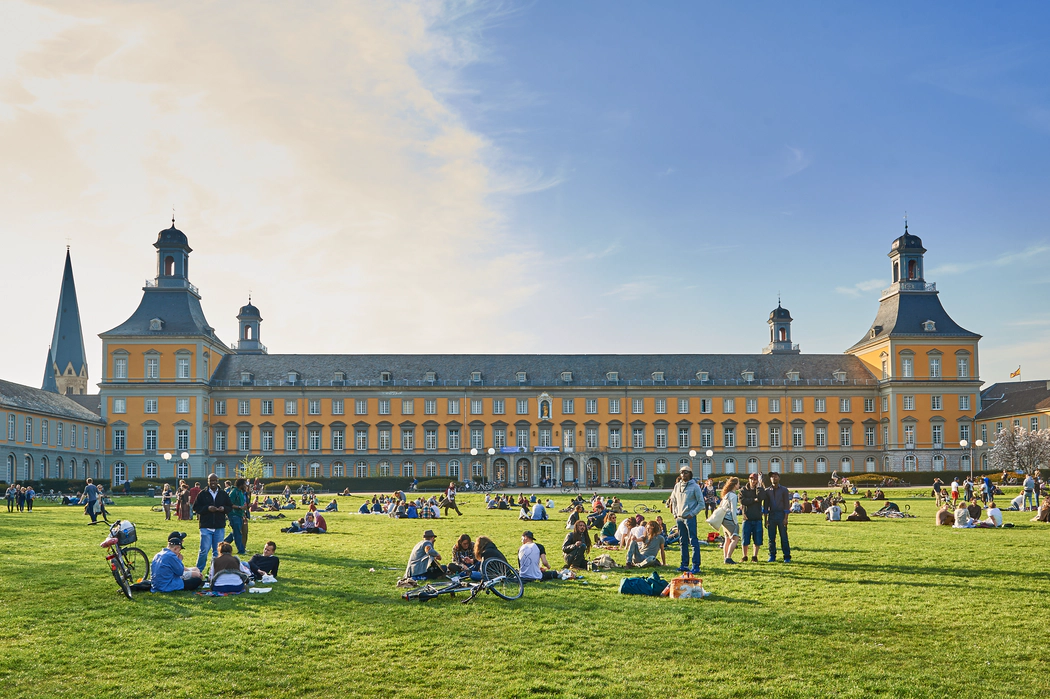How Is the Coronavirus Pandemic Impacting Human Inequality?
DOI:
https://doi.org/10.21036/LTPUB10870Researcher
Hans-Martin von Gaudecker is Professor of Economics at the University of Bonn. He is also a Research Team Leader in Structural Policy Evaluation at the Institute of Labor Economics (IZA). Having completed his PhD at the University of Mannheim, von Gaudecker has also held research fellowships at the Federal Reserve Bank of Chicago and the EIEF in Rome. His research focuses on applied microeconometrics, life-cycle behavior and labor and health economics

Original Publication
Labour Supply During Lockdown and a “New Normal”: The Case of the Netherlands
Hans‐Martin von Gaudecker,
Radost Holler,
Lena Janys,
Bettina Siflinger,
Christian Zimpelmann
Published in
Citation
Hans Martin von Gaudecker,
Latest Thinking,
How Is the Coronavirus Pandemic Impacting Human Inequality?,
https://doi.org/10.21036/LTPUB10870,
Credits:
© Hans Martin von Gaudecker
and Latest Thinking
This work is licensed under CC-BY 4.0
